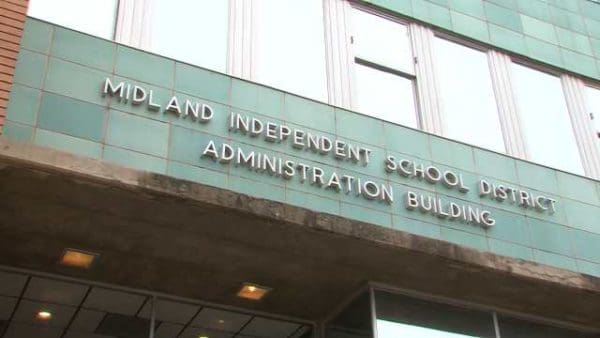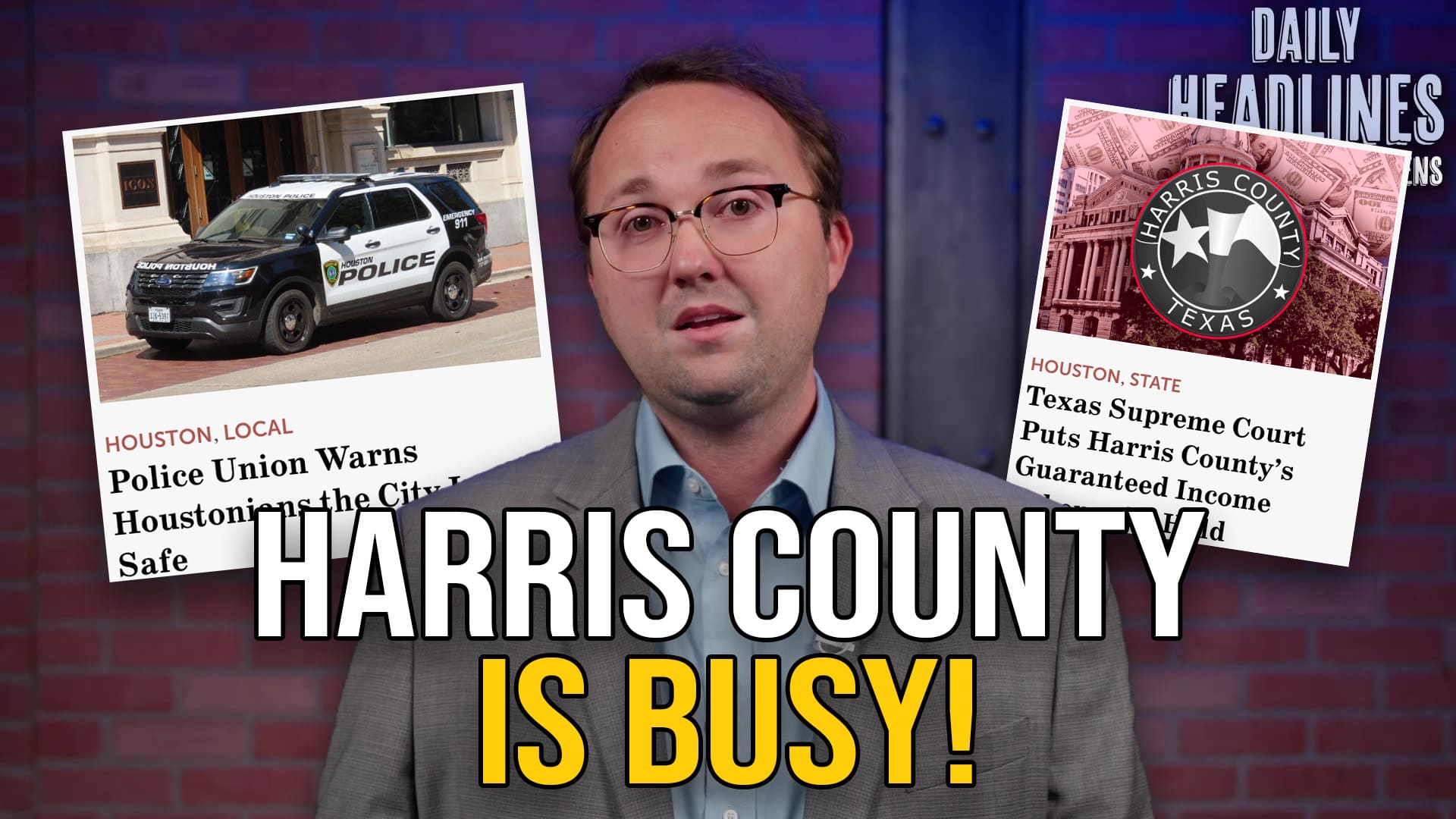The Midland school bond election captivated the state for months, with the narrow election results constantly alternating between failing and passing. In addition to the drama, the way that election officials handled the process outraged residents.
During the first recount, Midland election officials failed to provide all of the ballots to the recount committee. Even after multiple requests from recount committee members, officials remained adamant they had supplied all the ballots—even after the recount committee came up short by over 800 ballots.
But this didn’t stop the school board from certifying the election as passed by 11 votes.
Citing a provision in the Texas Election Code that the canvassing authority must certify the election as soon as is practical, both the attorney for the school district and the Texas Secretary of State’s office took this provision to mean the board should certify the election even on results they knew were questionable.
It wasn’t until after certifying the $569 million bond as passed that—during a court-ordered investigation to explain the discrepancy of 800 missing votes—Elections Administrator Deborah Land came into the Midland County commissioners courtroom where the court-order investigation was taking place with a large metal box that was soon dubbed the “Midland Mystery Box.”
This “mystery box” was different from all of the blue plastic ballot boxes used for the election. After a court order was obtained to open the box, it was soon discovered to contain all of the missing ballots from the election. Land said she found the box sitting on a shelf in the elections office and hadn’t noticed it previously, as they had assumed the box was empty.
One of many curious facts surrounding the details of this election was that all ballot boxes are required to be locked, with a numbered seal placed on the box. The elections office is then required to keep a chain-of-custody document that shows a corresponding serial number for the ballot box seal. The serial number on the seal of the “mystery box,” however, didn’t correspond with any chain-of-custody document kept by the elections office.
At the epicenter of this fight were two political action committees (PACs); the Better Bond for Midland PAC, which opposed the bond, and We Choose Our Future PAC, which supported it. Better Bond for Midland alleged numerous violations of the Election Code by election officials throughout the process. A meeting of the Midland County Elections Commission was ultimately convened to consider terminating Land. Only one vote was cast in favor of removing her.
Finally, after representatives of both PACs involved in the election filed petitions in district court challenging the election results, a court-ordered recount was conducted. The recount concluded that the bond failed by 26 votes. Judge Mackey Hancock signed an order on January 24, declaring the bond had failed.
In the aftermath of the months-long election saga, a strong presence of engaged residents has emerged, actively monitoring their school board’s activities and exploring ways to improve education opportunities in their community.
Brandon Hodges, who headed up Better Bond for Midland, stated they are already moving forward with finding the right proposal for both Midland students and taxpayers. In particular, he wants to see a solution that is crafted from the bottom up, with teachers being able to bring their front-line experience to the table.
Hodges added one final statement: “Before a better bond gets proposed to the next election ballot, we need to see major election integrity reform in Midland to ensure this never happens again.”





